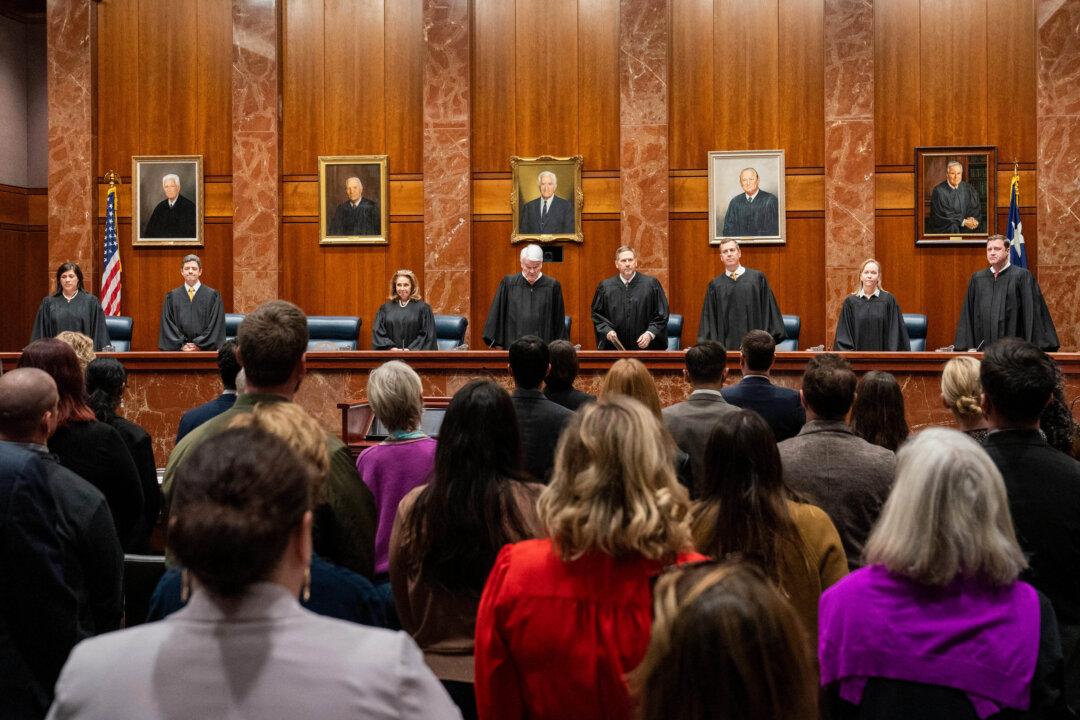The Texas Supreme Court ruled on Friday that the state Legislature didn’t exceed its constitutional authority when creating the 15th Court of Appeals in 2023.
The appeals court, which is set to hear cases beginning on Sept. 1, will be located in Austin, Texas, and will have statewide jurisdiction over business court and civil cases in which any state department is a party.





